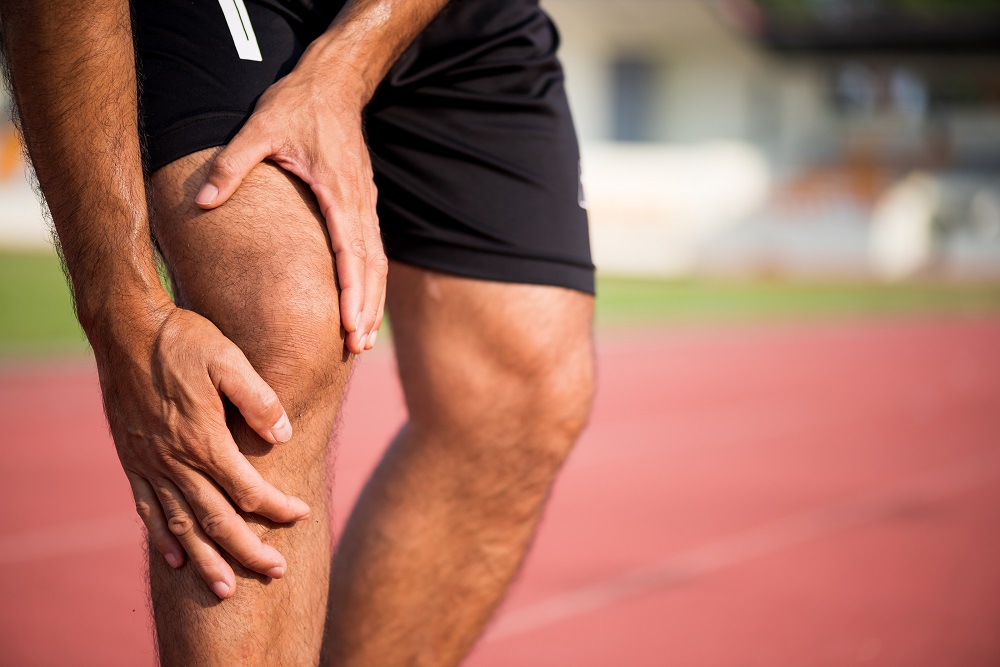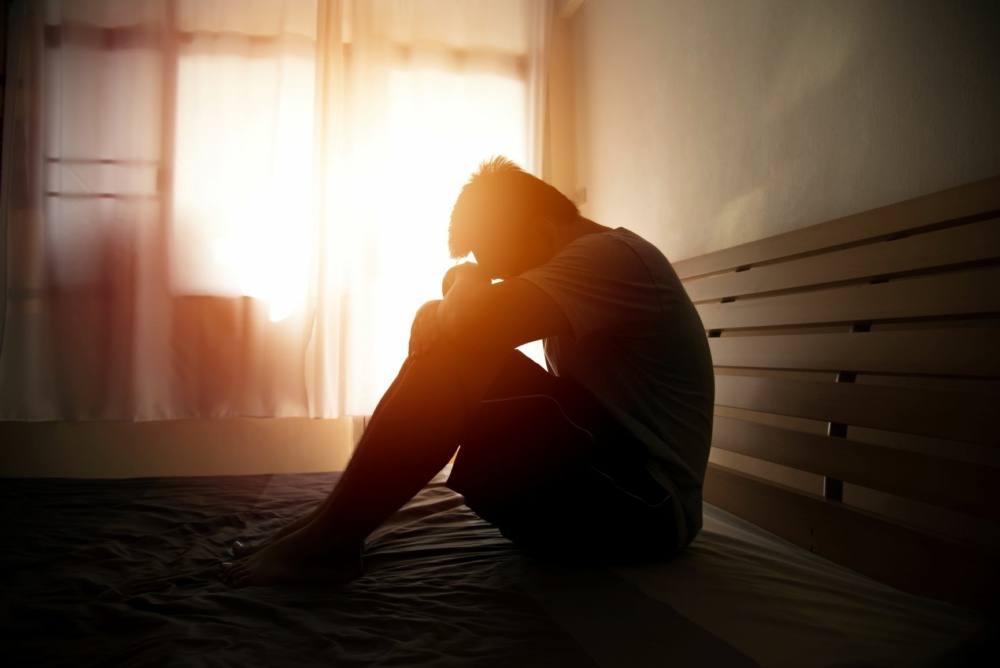5 Tips for Maintaining Mental Health After an Injury
Article Provided By: The Recovery Village®
People who are active run the risk of sustaining a physical injury. Some of these are minor joint pains that heal in hours or days. However, there are injuries that can take quite a long time — weeks or months — before the person can return to the same level of activity. Sometimes these injuries require surgery which can sideline a person as the injured body part heals itself.
Active people often have a difficult time adjusting to life without their favorite exercises, whether it is weightlifting, jogging, swimming or another activity. Being stuck to the couch can cause people to experience depression, anxiety or loneliness, or any combination of all three.
However, there are some science-backed tips to help people who have suffered an injury adjust to their new daily routines — or lack of usual activities.
Eat and Drink Healthier
No more exercise means no more burning calories in mass quantities. It also means the body won’t be accustomed to burning the majority of fat slowly throughout the day. People who become less active often gain weight in the process.
The injury is often something outside a person’s control. However, a diet is well within their control and is manageable. Eating healthier, drinking fewer high-calorie sodas and alcoholic beverages, and focusing on a healthy lifestyle in new ways can maintain mental health. Feeling good about oneself and one’s personal appearance can prevent depression and anxiety and preserve positive vibes throughout the healing process.
Stay Social
Some people design their social lives around physical activity. They participate in running groups, lift weights at the gym with friends, play basketball and softball with work colleagues or attend regular yoga classes.
When an injury occurs, these activities often stop. If so, loneliness can set in and that could lead to depression. People who have broken bones or torn ligaments don’t need to revolve their lives around just Netflix and sleep. Stay in contact with friends digitally — text message or social media channels — and invite them to do other things such as dinner, movies, video games at home, or a happy hour event at a nearby restaurant or bar.
Doing this can keep relationships alive and networks strong even if the routine activities go on a healing-from-injury break.
Keep a Journal
A lot of times, people who are experiencing a change in their lifestyle that is out of their control choose to keep their thoughts to themselves. Even if they feel depressed or anxious after suffering an injury or going through a surgery, being open about these issues is not naturally comfortable for many people.
Some people begin counseling or therapy as an avenue to open up about their feelings. Another option is to keep a journal, which can provide some of the same support as speaking with a therapist. Many medical experts suggest that people use a journal to write their thoughts as a way to release emotions and negative energy built up during the day.
Focus on Rehab
Sometimes people feel down about their injury and the reduced number of activities they can do. However, there is one activity that can become the center of their focus.
Rehabilitation is an important aspect of healing from a serious physical injury. Without it, the body never regains its muscle strength around the area where the injury and surgery took place. Additionally, people can focus on their rehab exercises and make it a positive for mental health as well. Staying determined and making rehab into a challenge can become a motivational tactic. This can help people avoid complacency and listlessness.
Understand That Feeling Bummed is Normal
Feeling down about the injury is a natural occurrence, and it happens sooner or later to everyone who was physically active before getting sidelined. Professional and college athletes suffer from the same feeling — sometimes it forms into depression — when they suffer a long-term injury and have to undergo a lengthy and stressful healing process.
Feeling upset about the injury and the long path to physical recovery is not a negative reflection of a person’s character. Things that they loved to do, like exercise or play a sport, have been taken from them because of the injury. Additionally, there is a physical change in the body’s chemical makeup because exercise releases endorphins.
“If you’re all the sudden injured and can’t work out every day, you’re experiencing a major dip in endorphins,” says Barbara Walker, Ph.D. a psychologist at the Center for Human Performance.
However, the omission of activity is temporary. Knowing that things will eventually return to normal in time can be a morale-booster for people.
Even if an injury occurs, there are ways to keep your morale high. Stay focused on your rehabilitation, keep an active social life, and practice healthier habits and dietary planning. These tips, among others, will help prevent long-term depression and unhealthy habits stemming from a fluke physical injury.
For more information visit:
The Recovery Village: https://www.
(844) 229-2468






Recent Comments